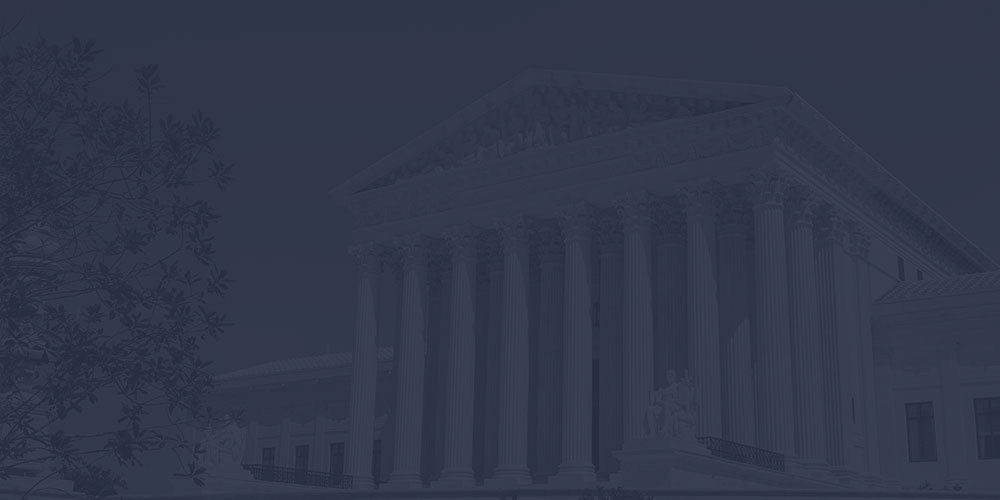What is an 065 Agreement?
Section 537.065 of the Revised Statutes of Missouri, also commonly referred to as an 065 agreement, is a complicated, yet sometimes crucial piece of litigation for insurance companies and their insureds. Specifically, 065 agreements apply, generally, when someone who commits a civil wrong against another, and the wrongdoer’s insurer then denies them coverage for the specific incident, and/or when the insurance company does not agree to pay the entire policy limit demand. If coverage is denied, or the insurance company refuses to pay the entire policy limit as demanded, the insured/wrongdoer can then enter into an agreement with the individual who was wronged, or the victim. In this agreement, the victim can limit their pursuit of the wrongdoer’s assets to certain items or forgo it completely. The wrongdoer agrees to settle the claim at which time the victim can then pursue a claim against the insurance company. In this suit, only whether legal coverage existed is up for debate. This entire agreement is called the 065 agreement.
An 065 agreement comes with great risk for an insurance company. Insurers that opt to deny coverage or opt to not pay policy limit demands may face additional liability if the dispute leads to a bad faith claim. Additionally, 065 agreements kept the insurance company out of the litigation process and trial entirely but then allowed victims to collect the judgment from the same company. Some of these trials resulted in million-plus dollar verdicts wherein if the insurance company would have contested the case, the result would have been thousands. Regardless the insurance company had to pay. Additionally, 065 agreements were sometimes problematic because the plaintiff’s attorneys would demand the entire policy and expect a response within a short time frame, thus preventing insurance companies and their attorneys from fully evaluating the claim. Alternatively, an 065 agreement can be equally risky for a victim. If the insurance company is successful on its denial of coverage claim, then the victim is only entitled to what he or she agreed upon with the wrongdoer in the first place, which sometimes is nothing at all.
2017 Amendments
In 2017, RSMo 537.065 was amended via House Bill 339. House Bill 339 was sponsored by Representative Bruce DeGroot and signed into effect in August of 2017. Generally, the new standard for 065 agreements was as follows: once settlement demand is made, the responding party had 90 days to respond, claimants were penalized for failure to comply with the statute, and it required insurers to be notified of the case. Supporters of this amendment felt that it was necessary to allow the insurance company to be a part of the litigation process in order to afford it some protection and put on its own evidence at trial. Moreover, the 90 days to respond to a policy limit demand was added to give insurance companies more time to fully evaluate a claim before being set up for bad faith. However, despite the 2017 amendments, there seems to be an additional loophole that allows plaintiffs to keep insurance companies out of the process.
Specifically, the 2017 amendments did not address what happens when plaintiffs decide to pursue arbitration instead of trial. As a result, plaintiffs and the wrongdoer could pursue arbitration and keep the insurance company out of those proceedings, but again leaving the insurance company responsible for the end result.
2021 Amendments – House Bill 345
House Bill 345, again filed by Rep. Bruce DeGroot, attempts to address the additional loophole with 065 agreements and the arbitration process. Specifically, HB 345 would ensure that, in order for an arbitration award to be enforceable against insurers, the insurers have to have agreed to the proceeding in writing. The main goal of this amendment is again to keep the insurers aware of the proceedings and consent to the same before requiring them to pay the price. The Senate also proposed a similar piece, specifically House Bill 2049. If passed, House Bill 345’s proposed effective date is in August of 2021.
Article by Katie St. John



